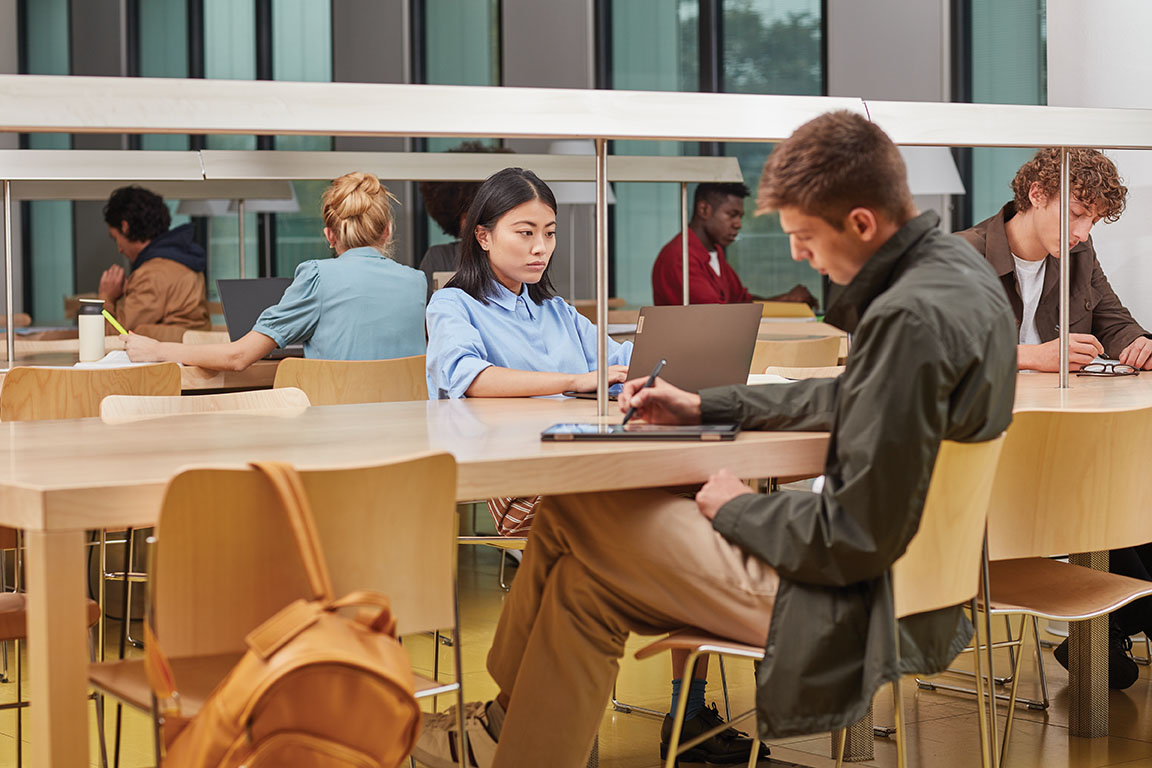In cooperation with partners, Microsoft hosted the first of the 2022 Imagine Cup Junior Virtual AI Hackathons. The hackathons aim to prepare students for the AI-driven economy of the future and equip them with the knowledge and skills they will need to succeed. By the end of each hackathon, students will have developed domain-specific skills in statistical data, computer vision, and natural language processing. They also learn about data collection, data cleaning, model choice and statistical testing, and work with regression, decision trees, and random forests to solve sizeable problems. AI is key to solving some of the world’s most pressing issues, including quality education for all, respect for human rights, equality and inclusion, and environmental sustainability.
First hackathon in the series centered around the use of AI for Earth and welcomed 21 teams across 9 countries: Austria, Bulgaria, Egypt, Kazakhstan, Latvia, Pakistan, Russia, Saudi Arabia, and Switzerland. Each team consisted of five students and one teacher. After a series of practical exercises, the students applied their new-found knowledge to the AI for Earth challenge. Participants used AI to solve some of the major environmental and sustainability problems facing our planet today. For their idea to be applicable in the real world, students had to anticipate problems, employ creative thinking, and exert scrupulous attention to detail.

Latvian students won 1st place – AI for preservation of bat populations across the world
Team Data from Latvia, won first place with a practical approach to the preservation of bat populations across the world. Their solution involves using bat detectors to intercept specific sounds the animals make while flying, during a process known as echolocation, to identify and map out roosting nests. The data would be processed by an AI using a Machine Learning model to analyze the information and provide useful insights into a specific bat colony, which can then be used to inform preservation efforts across the territory.
The Imagine Cup Junior Virtual AI Hackathons are foremost a call to action, inspiring students from different backgrounds to take charge of their future and hopefully become the ones who will change the world one day. The Latvian team commented on their experience: “We are always excited to learn new things by doing.” Using a practical, hands-on approach to AI development, the students learn how to build their own AIs and apply them to real-life situations. They also learn about Microsoft’s guiding principles to responsible AI along with the importance of having an ethical approach to AI development, data collection, data cleaning, model choice, and statistical testing, and work with regression, decision trees, and random forests to solve sizeable problems.
Unicode from Kazakhstan won 2nd place – AI for protecting tiger habitats
Team Unicode from Kazakhstan won second place. After learning that roadway construction projects, such as China’s Belt and Road Initiative, are one of the main threats to tiger populations, the team devised a plan to work with the development companies to identify alternative routes that would protect important tiger habitats. The team’s solution uses an image classification model to record tiger sightings and establish their location while analyzing satellite images to determine the best alternative routes.
Heghine Aghajanyan, the Unicode team member, has shared: “It was a great experience to present the project to the international audience and work on the global issue using our programming skills.” Her colleague Arnella Tolegen added: “While participating in the hackathon, I appreciated the experience of working with a team because this skill is important for self-development and realization of global projects.”

3rd place went to Bulgarian teams Quadcore and Yottabyte – AI for preservation of nature
Bulgarian teams Quadcore and Yottabyte shared third place with two equally impressive solutions for the preservation of nature. Team Quadcore envisioned a remotely operated global seed bank that uses AI and IOT to track plant specimens in real-time and ensure that appropriate conditions, such as humidity, temperature, and pressure, are met. Team Yottabyte’s ingenious idea involves using satellite imaging and AI to identify polluted beaches around the world and invite volunteers in the surrounding areas to collect the waste.
The Bulgarian team Yottabyte said: “The hackathons from Microsoft’s Imagine cup program are a great opportunity for students from all over the world to present their ideas to world-renowned professionals. We are grateful for having been invited to take part in this event. Our team is thankful for the opportunity to learn even more about Artificial Intelligence and for the kindness and professionalism of the hosts. Those two days were incredibly fulfilling, and we would certainly recommend this experience to everybody interested in technologies.”
The Imagine Cup Junior Virtual AI Hackathons will continue with the mission to empower every person and every organization on the planet to achieve more.
Look at the schedule and apply for the Global Edition of the Imagine Cup Junior Virtual AI Hackathon.





